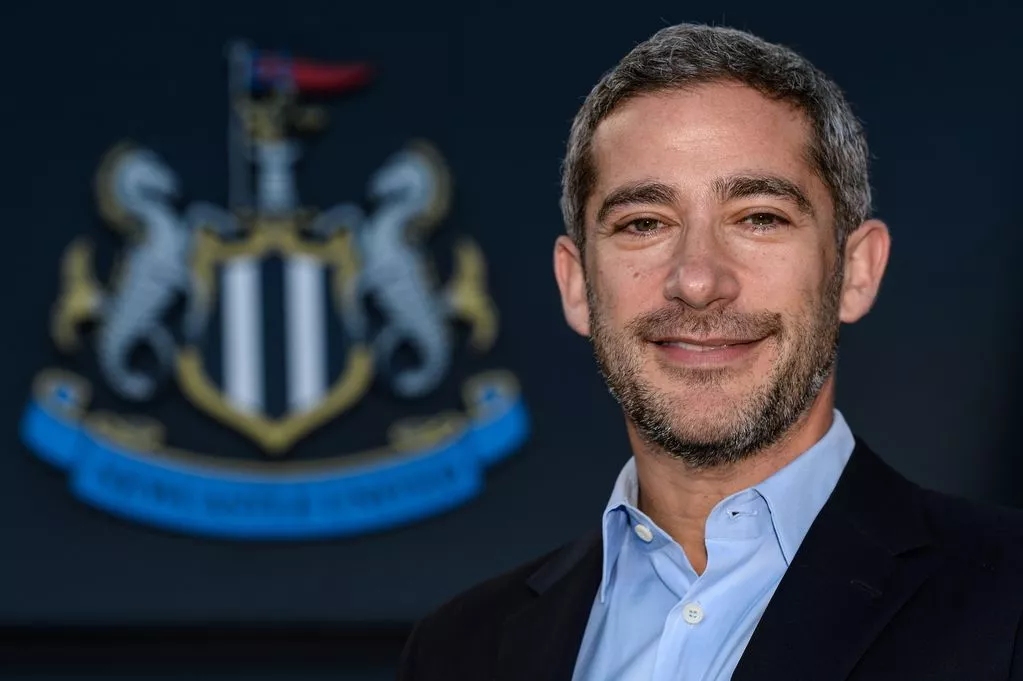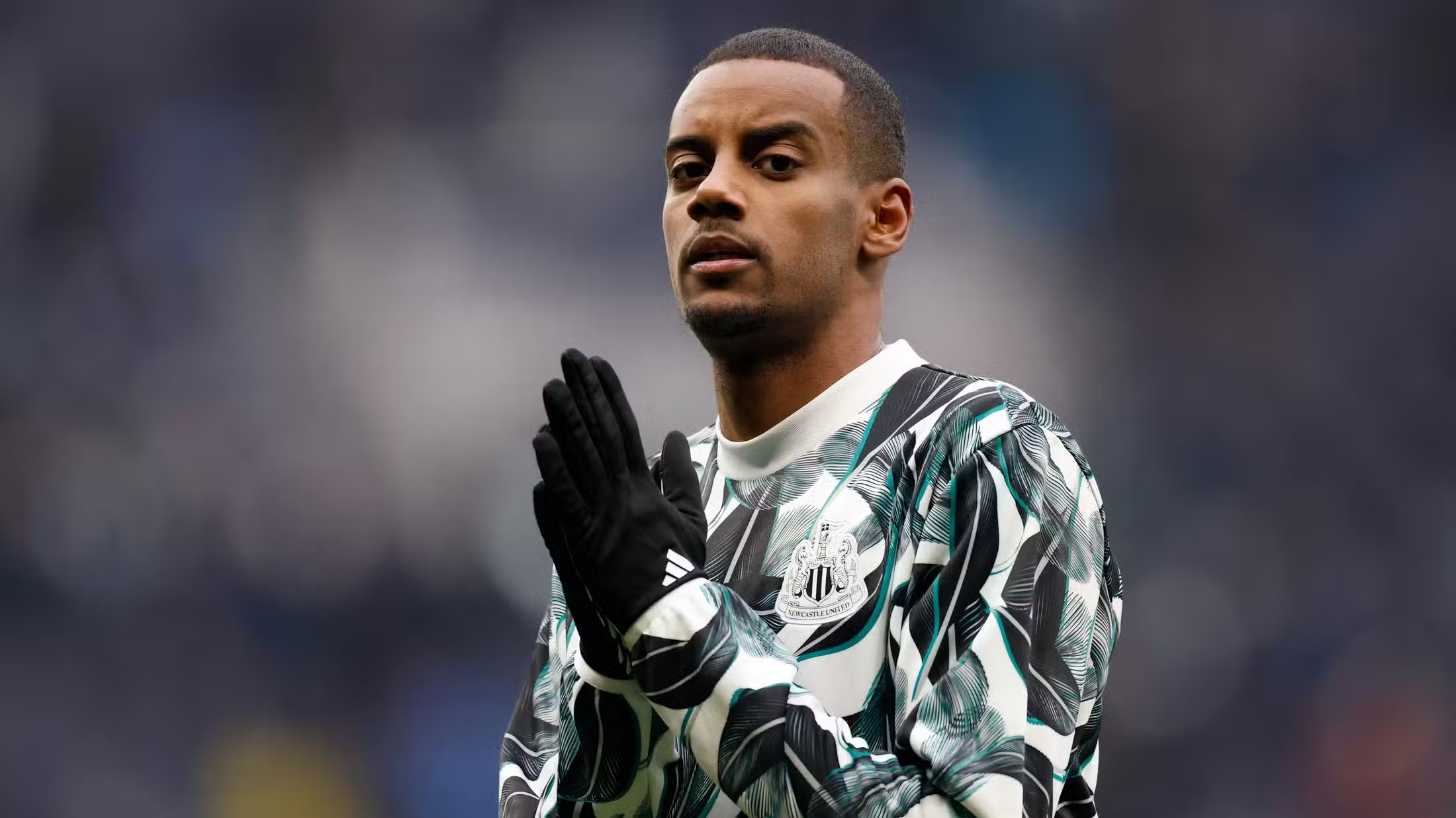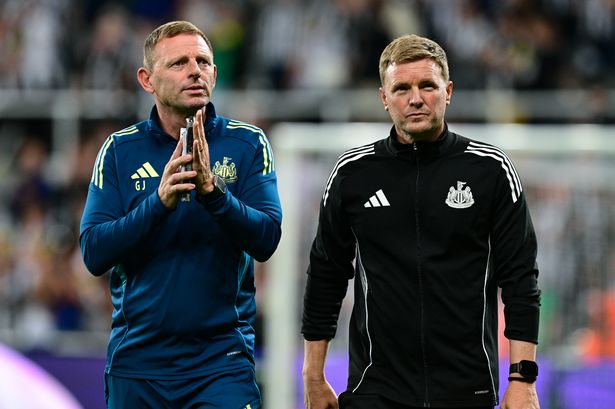When Newcastle United were acquired by the Saudi-backed Public Investment Fund (PIF) in October 2021, it wasn’t just a football revolution that began on Tyneside; it was the rebirth of a brand with untapped global potential. In the years since, fans have seen the club evolve rapidly on the pitch under Eddie Howe, but off the pitch, the transformation has been equally striking. One figure who has been central to that journey is Peter Silverstone, Newcastle United’s Commercial Director.
Known across the sports business industry for his creativity, global vision, and proven record at some of Europe’s top clubs, Silverstone has quietly but effectively become one of the most important figures in shaping Newcastle’s off-field strategy. In many ways, his work could define the sustainability and longevity of Newcastle’s rise.
This article explores Silverstone’s career path, his role at Newcastle, the challenges he faces, the opportunities he is pursuing, and why his work could prove as decisive as Eddie Howe’s tactics when it comes to turning the Magpies into an established European powerhouse.
Who is Peter Silverstone?
Peter Silverstone is no stranger to the world of football and global business. Before joining Newcastle United in 2022, he spent significant years at Arsenal Football Club, where he rose to become Chief Commercial Officer. At Arsenal, Silverstone was responsible for global partnerships, commercial growth, and sponsorship deals, helping the North London club build long-standing ties with global brands.
His approach is rooted in one philosophy: football is more than a sport; it is a business and cultural product with enormous reach. In an era where global fanbases stretch from Lagos to Los Angeles and Beijing to Buenos Aires, Silverstone has specialized in connecting clubs to audiences far beyond their local communities.
When Newcastle’s new owners arrived with ambitions of building a football and commercial empire, they quickly identified Silverstone as the man to lead their off-field charge. In 2022, he was officially appointed Chief Commercial Officer (CCO) — effectively the club’s commercial director.
Why Newcastle Needed Silverstone
For decades, Newcastle United was considered a “sleeping giant.” While St James’ Park remained one of the most iconic grounds in England and the fanbase one of the most passionate, the club lagged far behind its rivals in commercial revenue.
Under former owner Mike Ashley, Newcastle operated under a minimalist model. Commercial partnerships were few, often controversial (Sports Direct was synonymous with the club’s branding), and global marketing was almost nonexistent. Newcastle had little international presence, despite having millions of potential fans abroad.
When PIF and their consortium partners arrived, one of their immediate priorities was to modernize Newcastle’s commercial operations. They understood that competing with Manchester City, Manchester United, Liverpool, and Arsenal would require not just investment on the pitch but also sophisticated growth off it. Silverstone was recruited to spearhead this revolution.
The Silverstone Blueprint: Building a Global Newcastle
Since his arrival, Silverstone has crafted a multi-layered commercial blueprint for Newcastle United. It rests on several pillars:
1. Global Sponsorships and Partnerships
Silverstone’s first major task was to attract premium sponsors who matched Newcastle’s vision. Within months, the club secured deals with Sela, a Saudi events company, who became the club’s front-of-shirt sponsor. This was followed by partnerships with Noon.com, Monster Energy, and various global brands.
These deals weren’t just about money; they were about positioning Newcastle among elite clubs with recognizable, international partnerships.
2. International Expansion
Silverstone has been pushing Newcastle into key markets, particularly in the Middle East, Asia, and North America. The club’s recent pre-season tours and growing social media presence in multiple languages are part of this expansion strategy.
The idea is clear: Newcastle United should no longer be just a North East of England brand but a global powerhouse capable of drawing fans and revenue from around the world.
3. Digital Innovation
Silverstone has emphasized the importance of digital growth. Newcastle’s online presence is being transformed, with more engaging content, targeted campaigns, and the use of analytics to better connect with fans.
In the modern football economy, digital platforms can generate as much revenue and engagement as matchdays, and Newcastle are finally catching up to rivals.
4. Stadium and Matchday Experience
While sponsorships are crucial, Silverstone knows that Newcastle’s beating heart remains St James’ Park. He has overseen improvements in fan engagement, hospitality packages, and matchday revenues. Discussions are also ongoing about potential stadium expansions or modernizations to bring in more supporters and maximize revenue.
5. Brand Identity
Perhaps most importantly, Silverstone is building a brand identity for Newcastle that balances tradition with ambition. The club’s black-and-white stripes remain iconic, but under his leadership, Newcastle’s global messaging focuses on values like passion, resilience, and innovation — qualities designed to resonate with both lifelong Geordies and new fans across the globe.
Challenges Facing Silverstone
Despite these achievements, Silverstone’s role is not without obstacles.
Financial Fair Play (FFP)
One of the main drivers behind his work is Newcastle’s need to comply with FFP regulations. While PIF can provide immense backing, the club’s spending is restricted by its revenue. Silverstone must ensure Newcastle’s commercial growth is rapid enough to match the ambitions on the pitch.
Competition from Rivals
Newcastle are competing with clubs like Manchester City, Manchester United, and Chelsea, who already boast enormous global fanbases and commercial power. For Silverstone, catching up is not easy, and it requires creativity, timing, and bold strategy.
Balancing Tradition with Global Appeal
While chasing international markets, Silverstone must also ensure that local fans feel valued and not alienated. Newcastle supporters are famously loyal and protective of their club’s identity. Striking this balance is crucial for long-term harmony.
Geopolitical Scrutiny
Given the Saudi ownership, Newcastle are under more scrutiny than most clubs. Every sponsorship deal or commercial move is examined for potential conflicts of interest. Silverstone must navigate this minefield carefully to avoid controversies that could damage the club’s image.
Achievements So Far
Since Silverstone’s arrival, Newcastle’s commercial revenue has reportedly doubled. The Sela deal alone was a landmark, bringing in a figure estimated to be over £25m per year. Combined with new partnerships, the club has significantly strengthened its financial footing.
The club’s global fanbase has also expanded. Social media followers have grown rapidly, and the club’s merchandising has been rolled out in new regions, from the Gulf states to Asia. Newcastle’s 2023/24 pre-season tour of the United States was considered a commercial success, opening doors to American fans and sponsors.
Even locally, changes are visible. Matchday hospitality has improved, fan zones have been introduced, and the atmosphere around the club feels more modern and inclusive compared to the austerity of the Ashley era.
The Bigger Picture: Why Silverstone Matters
At its core, Peter Silverstone’s work matters because it enables Newcastle to dream bigger. Without commercial growth, the club cannot sustainably invest in the squad, the academy, or infrastructure. Every marquee signing — from Sandro Tonali to Alexander Isak — relies indirectly on the revenue that Silverstone’s department generates.
Moreover, football is no longer just about the 90 minutes on the pitch. Modern clubs are lifestyle brands, content producers, and global entertainment entities. Silverstone understands this reality, and under his guidance, Newcastle are moving from being a traditional English club to a global enterprise.
Fan Reactions: Cautious Optimism
Among Newcastle fans, Silverstone’s tenure has been viewed with cautious optimism. Many supporters appreciate the visible commercial growth and the influx of premium sponsors, which contrast sharply with the Ashley years.
However, some remain wary of the increasing commercialization of the club. The introduction of premium ticketing options and corporate hospitality has sparked debates about affordability and access for ordinary fans. Silverstone must continue to reassure supporters that the club’s Geordie heart will never be sacrificed for international ambitions.
Comparisons: Lessons from Other Clubs
Silverstone’s role at Newcastle invites comparisons with other clubs that have undergone similar transformations:
- Manchester City: Built a global commercial empire under Sheikh Mansour, now boasting sister clubs around the world.
- Paris Saint-Germain: Leveraged Qatari backing to become a global fashion and entertainment brand.
- Arsenal: Silverstone’s former club, who remain commercially strong despite recent years of on-field struggle.
Each case offers lessons in both opportunity and risk. Newcastle, under Silverstone, are attempting to carve a unique path that combines the authenticity of their fan culture with global reach.
The Road Ahead
Looking forward, Silverstone’s agenda includes several ambitious goals:
- Securing More Premium Sponsorships: Expanding the roster of global partners across industries like technology, automotive, and finance.
- Expanding into New Markets: Targeting regions such as India and Africa, where football fandom is growing rapidly.
- Stadium Development: Exploring long-term plans to either expand St James’ Park or consider alternative solutions to meet demand.
- Digital Expansion: Pushing Newcastle into new realms of engagement, such as esports, Web3, and immersive fan experiences.
- Academy and Grassroots Partnerships: Building links between Newcastle’s youth setup and international academies to boost both footballing and commercial growth.
Conclusion: The Man Behind the Curtain
While Eddie Howe, Bruno Guimarães, and Alexander Isak dominate the headlines, the role of Peter Silverstone is no less crucial. As Newcastle United strive to cement themselves among Europe’s elite, their commercial director is the man behind the curtain, ensuring that the financial foundations match the footballing dreams.
Silverstone embodies the modern reality of football: success is as much about boardroom deals as it is about goals and tactics. For Newcastle, his ability to drive commercial growth, attract global sponsors, and expand the brand will determine not just how far they climb but how long they can stay at the top.
In many ways, Peter Silverstone is Newcastle United’s unsung strategist — and his work may prove to be the difference between being a club with ambition and becoming a global powerhouse with legacy.




